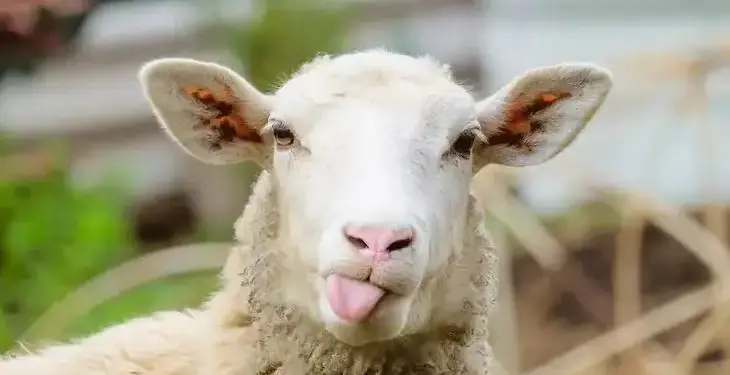In Tunisia, Eid El-Iid 2025 does not promise to be festive, but under high tension. Citizens sulk the local sheep, deemed unaffordable. Ahmed Amiri, president of the butchers, sounds the alarm: the request collapses. Out of fifty visitors in a Rahba, only one buys. Tradition vacillates.
In response, the national butchers’ chamber launches an offensive: 5,200 Romanian lambs landed, broken prices at 37,500 dinars per kilo from June 3. Enough to try to bring Tunisians back to the counter, from the central market to Djebel Lahmar, via Sfax and Bizerte.
But while the base adapts, the summit flickers. A parliamentary mission inspects Ellouhoum: what she discovers looks like a shipwreck. Debts to the BNA, dilapidated slaughterhouses, treatment plants blocked since 2017, illegal use of premises, and in short.
MPs are alarmed. The structure supposed to regulate the market is kneeling. Modernization? Still at the promise stadium. Worse: the state has missed the preparation of Eid, leaving logistics to bang. Result: families without access, prices that get carried away.
The sheep is sold between 1,700 and 1,800 dinars – an insult to popular budgets. Many hoped for a sacrifice around 800 dinars. For lack of better, the freezer takes precedence over tradition.
Tunisia enters Eid not with barbecues, but with a bitter taste of abandonment. Méchoui or mirage?








